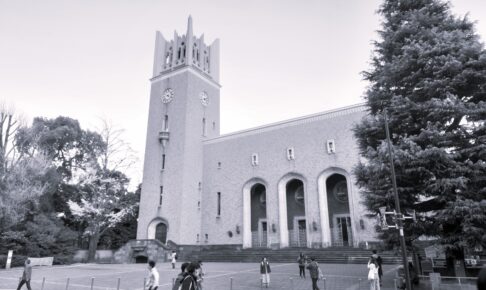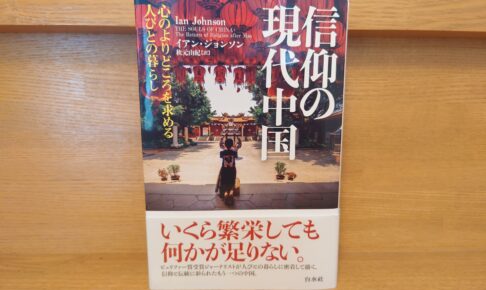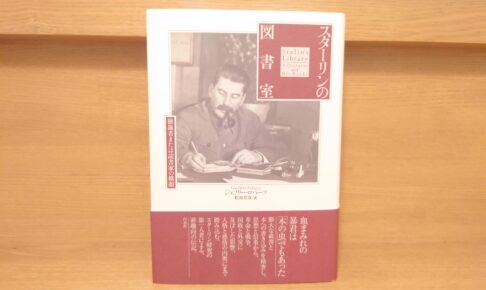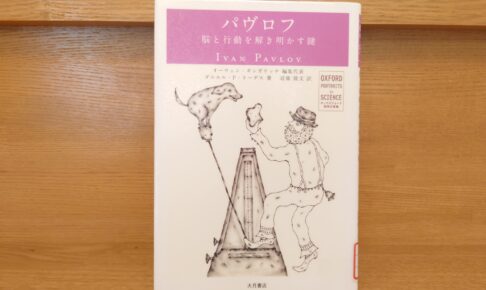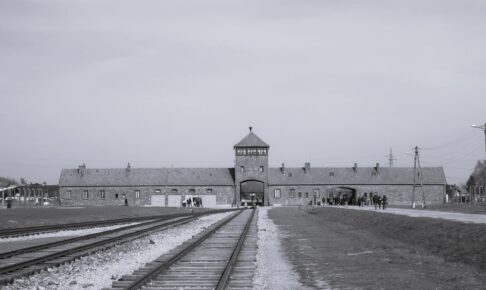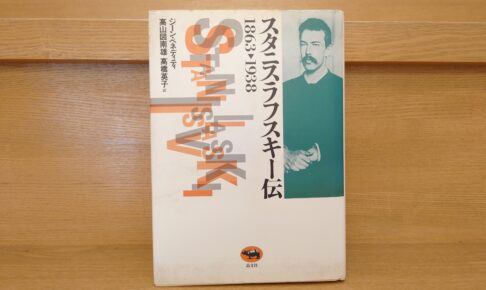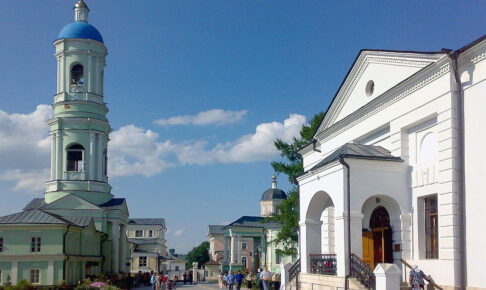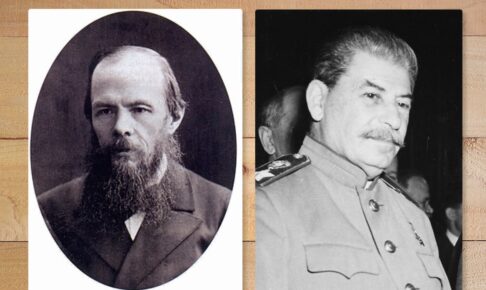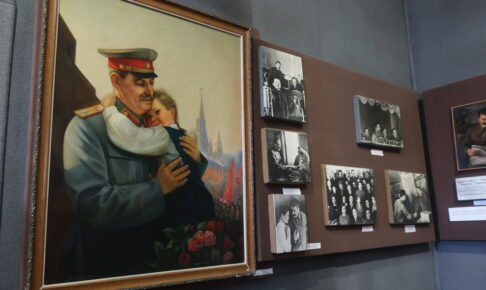(57) I know "this person"..! A shocking fact I learned on my return flight. He died at Waseda.
On my return flight, I had to read a book. It was "He Died at Waseda" by Takeshi Hida.
I will be shocked to the point of holding my breath with this book.
I will tell you what the book contained and what struck me about it. It was the moment when something definitively changed in me.












